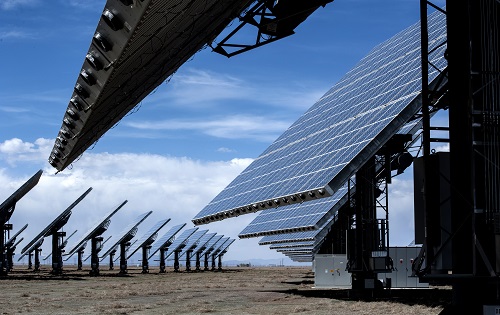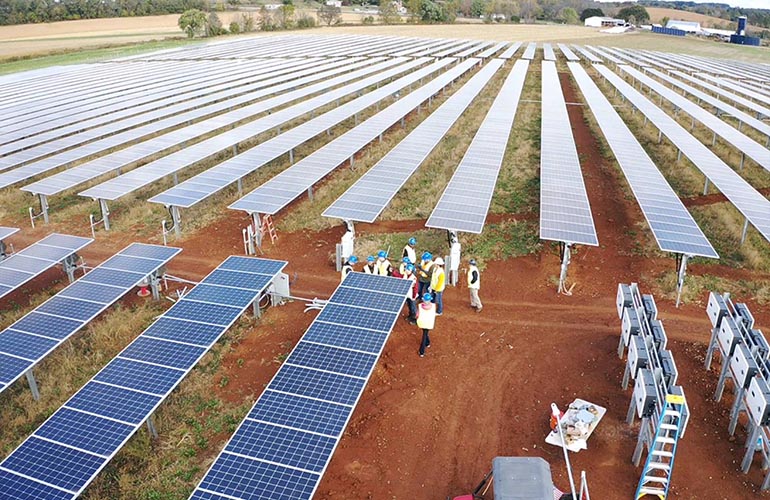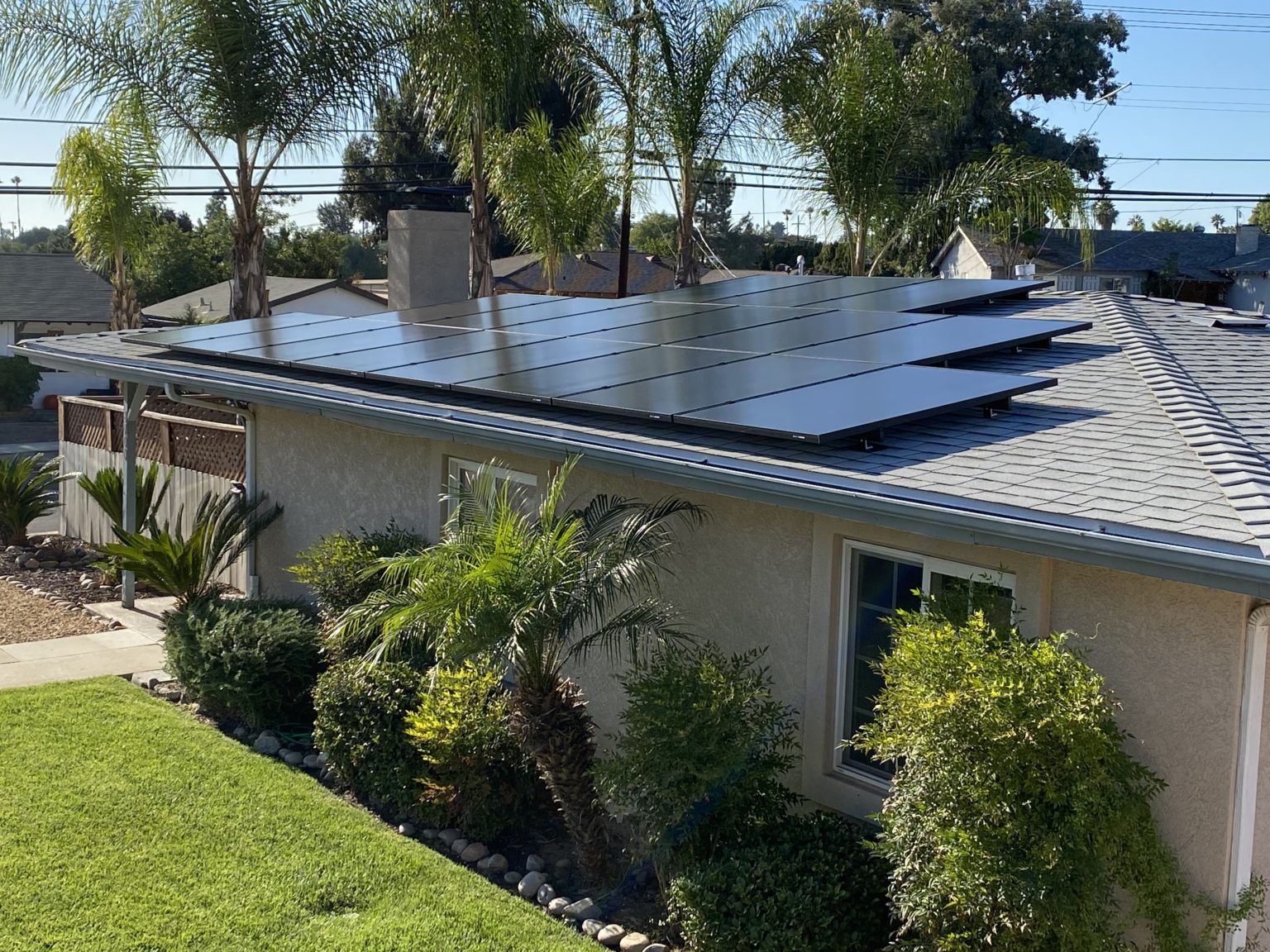
The efficiency of solar cells can decline over time. There are several factors that can cause this degradation, mainly weather conditions. In extreme cold and heat, microcracks form that put strain on the panels. Apart from the weather, solar panels can also be affected by the slope and elevation of roofs.
Weather affects solar panels' efficiency.
A solar panel's efficiency will decrease when ambient air temperatures are high. For every degree of increase in temperature, the panel loses one percent of its peak output. To determine the impact of temperature on your solar panel, check its temperature coefficient. High summer temperatures like those found in California can cause lower efficiency.
It is possible for solar panels to lose their efficiency if they are covered in snow and ice. Although solar panels are very resistant to ice, it can take them a while before they become free from the cold. The sun's rays will be blocked by snow, which can reduce efficiency. Similar to the winter months, solar panels will produce less energy because of the less daylight they receive.
Effects of color
Solar panels that make use of sunlight are more efficient than solar panels that don't. Only a small part of the electromagnetic radiation is suitable for photovoltaic generation. The reason is that the shorter wavelengths make solar cells less efficient. The second law of thermodynamics states that energy absorbed must equal the energy emitted.

Solar panels are available in various shades. The color you choose is important since it influences the amount of light reflected by the panels. A light-colored panel will only reflect a small amount of light. The panels will lose more light, which will reduce their current and overall power production. The extent of the loss will depend on which color you choose. But, the darker the color the better. A good way to minimize this effect is to use an interference coating. This will help reduce reflection and improve performance.
Chemical buildup can have adverse effects
Over time solar panels can lose some of their efficiency. This is due to the process of degradation. This natural process can cause a significant drop in panels' production. According to a study published by the National Renewable Energy Laboratory, solar panels can lose anywhere from 0.5 to 0.8 percent of their capacity every year. This degradation rate is generally not significant enough to impact most home owners, but it is nonetheless something to consider.
When solar panels are processed, chemicals are often used in the manufacturing process. These chemicals could be hazardous to the earth. Some manufacturers of solar panels may simply dump these chemicals, rather than recycling them. Some solar panel manufacturers might try to reduce costs by using nonrecyclable materials and byproducts that could degrade panels.
The effects of roof slope
The slope of your roof might not be as crucial as you think. Slope has less impact on solar panel efficiency that direction. Solar panels with steep roofs will produce the most energy if they face east at a angle of 15 degrees. However, lowering the tilt to five degrees will reduce the energy production by approximately ten percent. Flat roofs will, however, be covered in leaves, windborne debris and dust. Hence, they don't self-clean.
Depending on the latitude of the home, the orientation and placement of the solar panels will play a significant role. They should face the true south, which is ideal. According to Aurora Solar's research, their production of energy will suffer if they are oriented toward the north or southwest. In addition, solar panels installed on a north-facing roof may be partially obscured in the morning and evening.

Temperature-related effects
Solar panels are highly efficient when they are heated. The ideal temperature for efficient solar panels is between 25 Celsius and 77 Fahrenheit. This is the industry standard. Manufacturers evaluate their panels based upon the amount they can produce energy at each temperature. The temperature coefficient shows how much of the energy is affected by temperature variations above this level. This number is on the panel specification sheet.
The effects of temperature on solar panels are obvious. In summer solar panels can generate more energy than in winter. This effect will be balanced in most climates. To ensure optimal performance, it is crucial to monitor the temperature in your area.